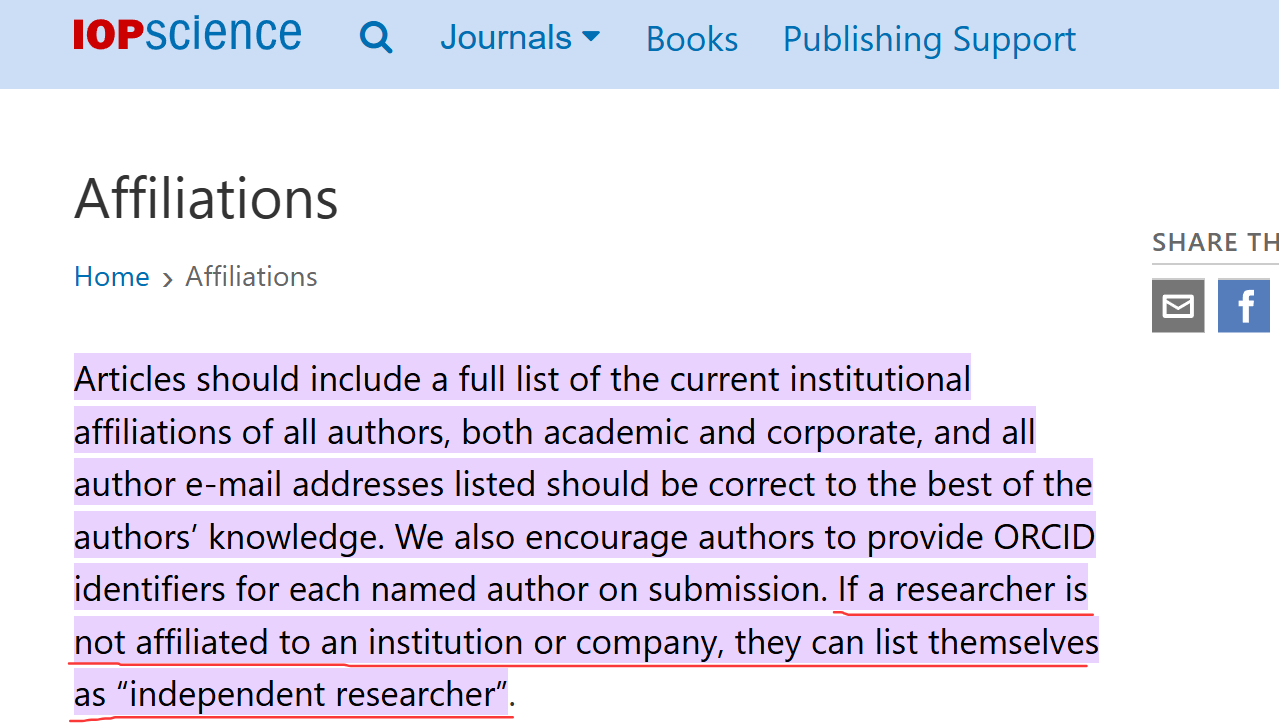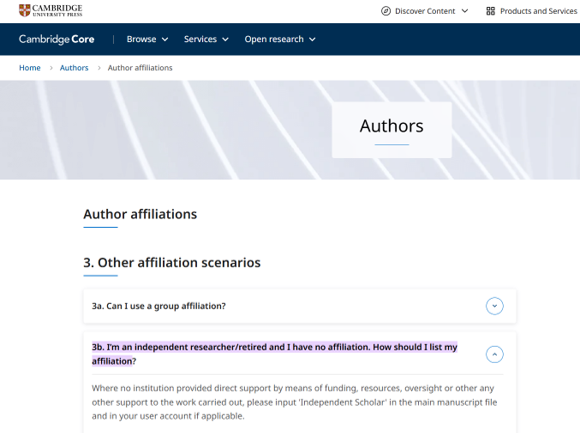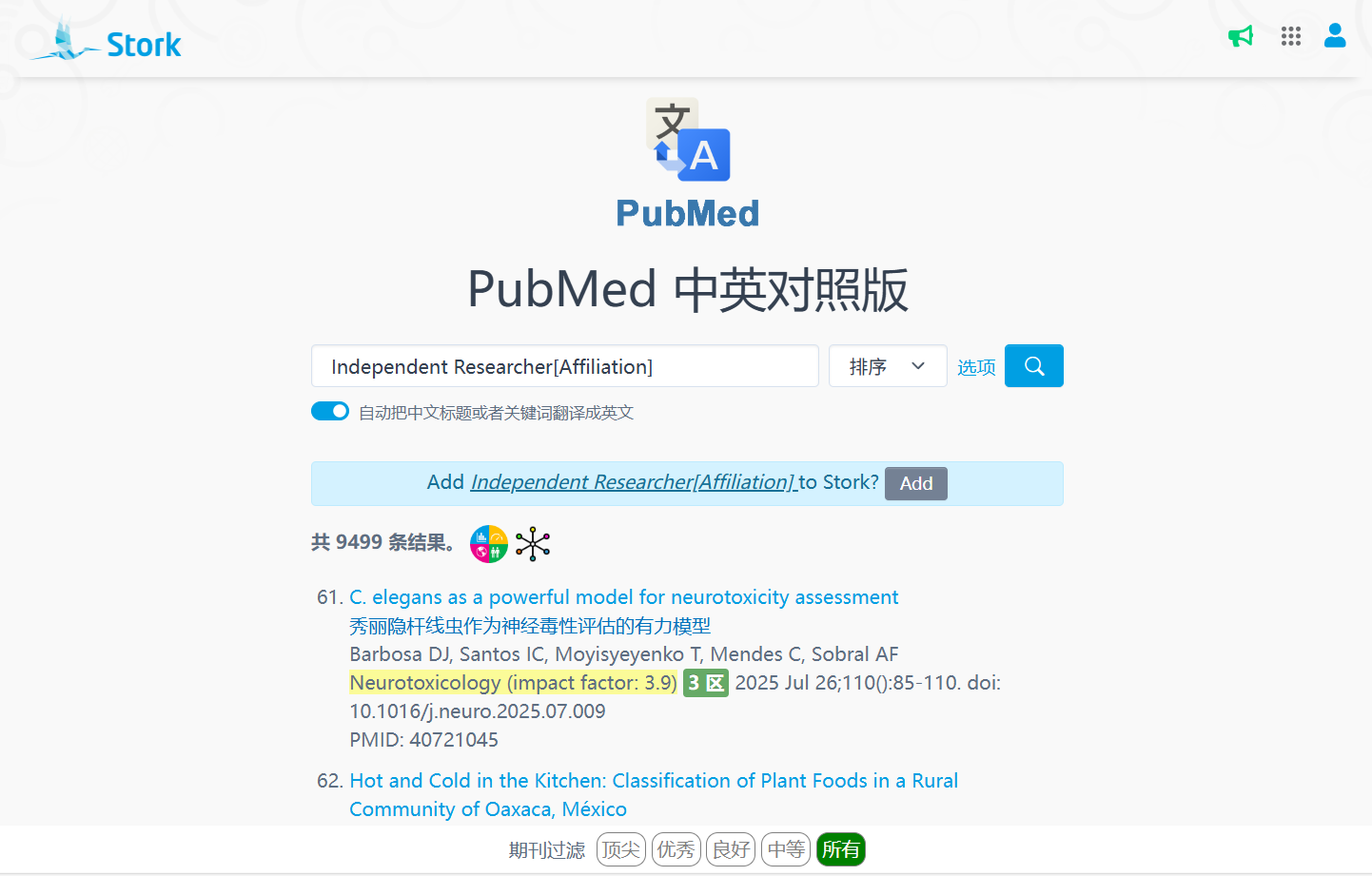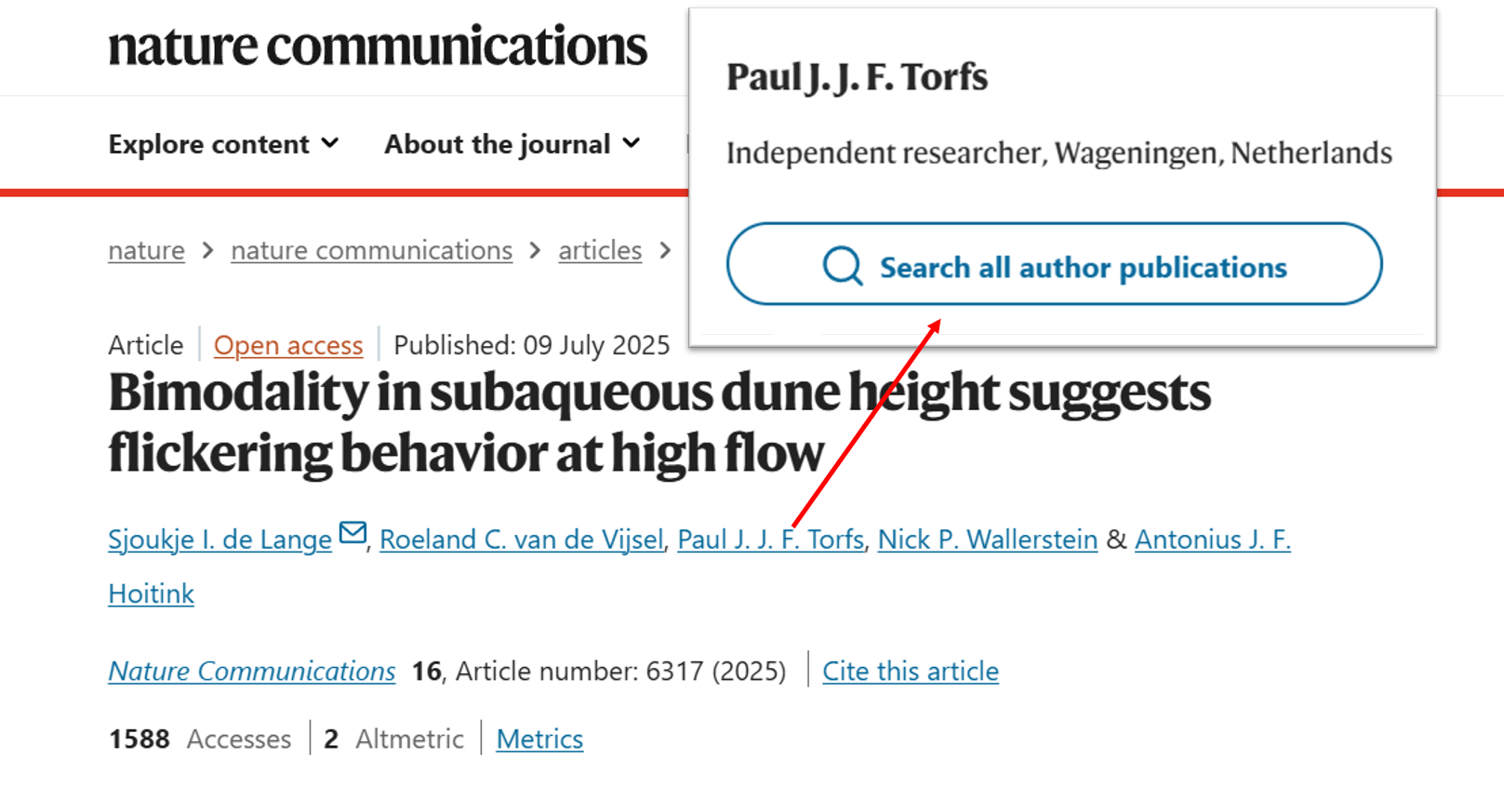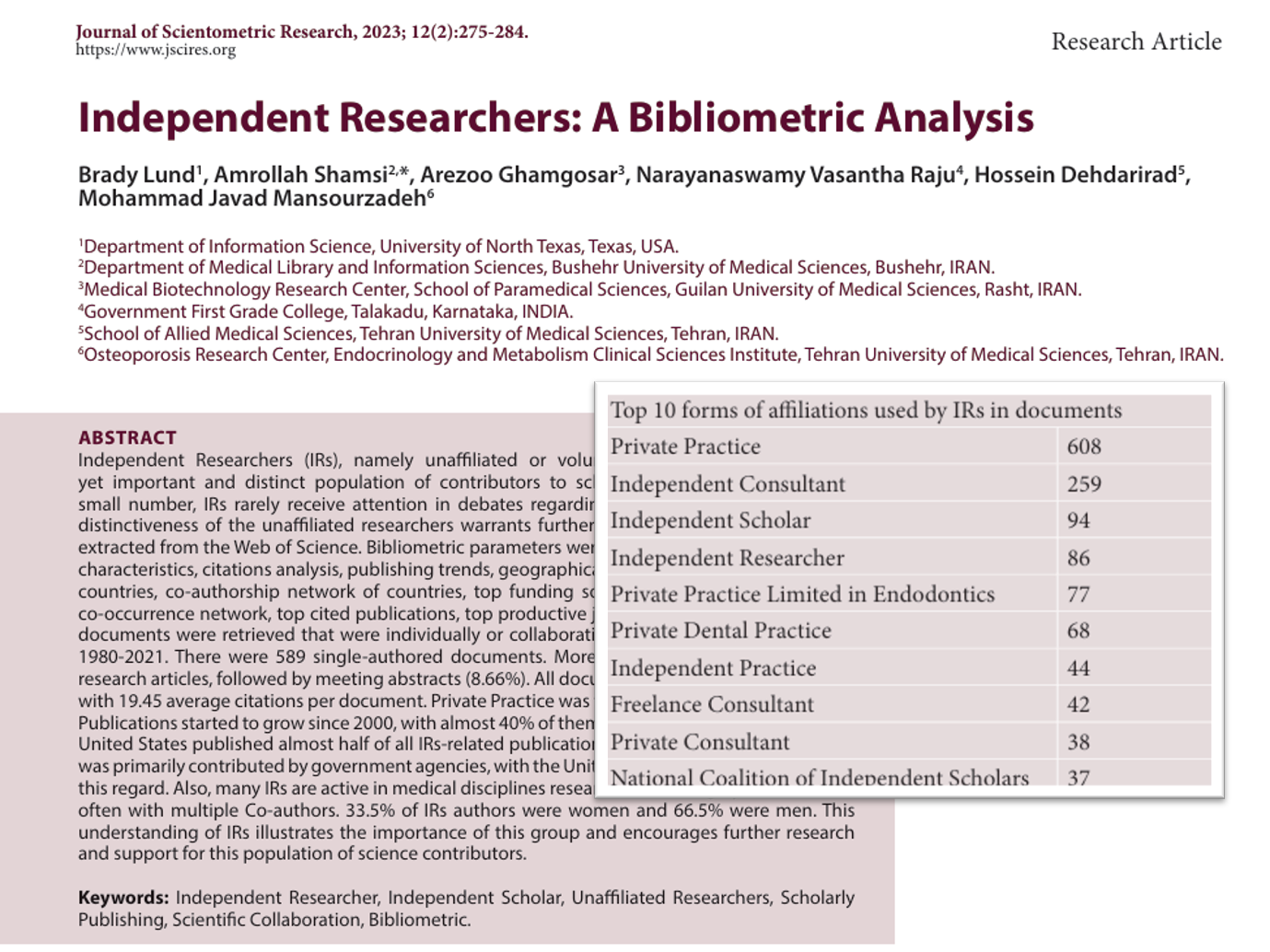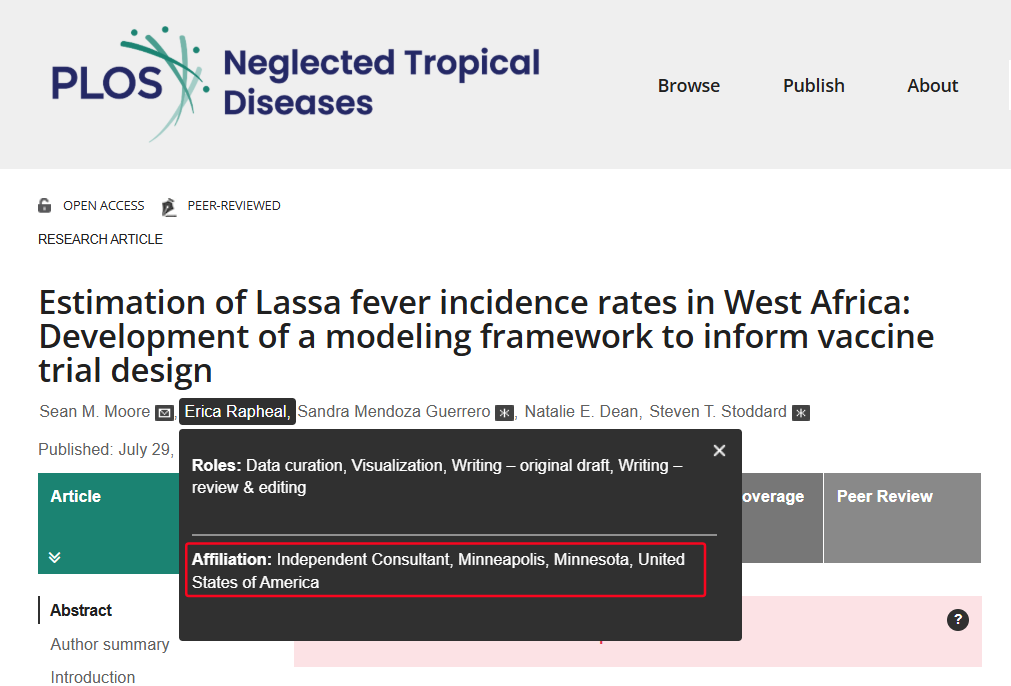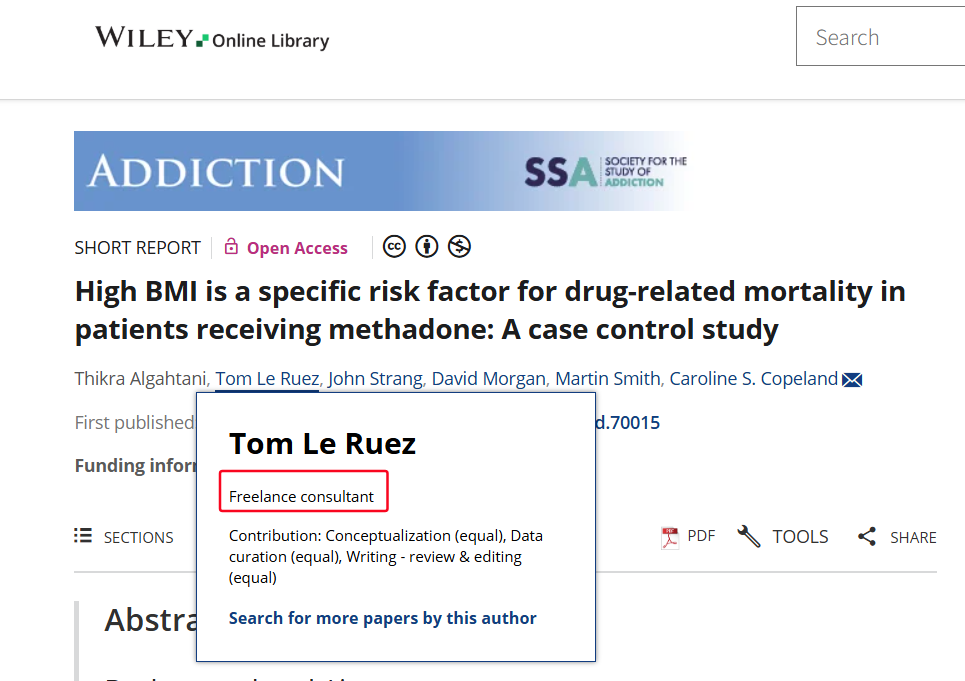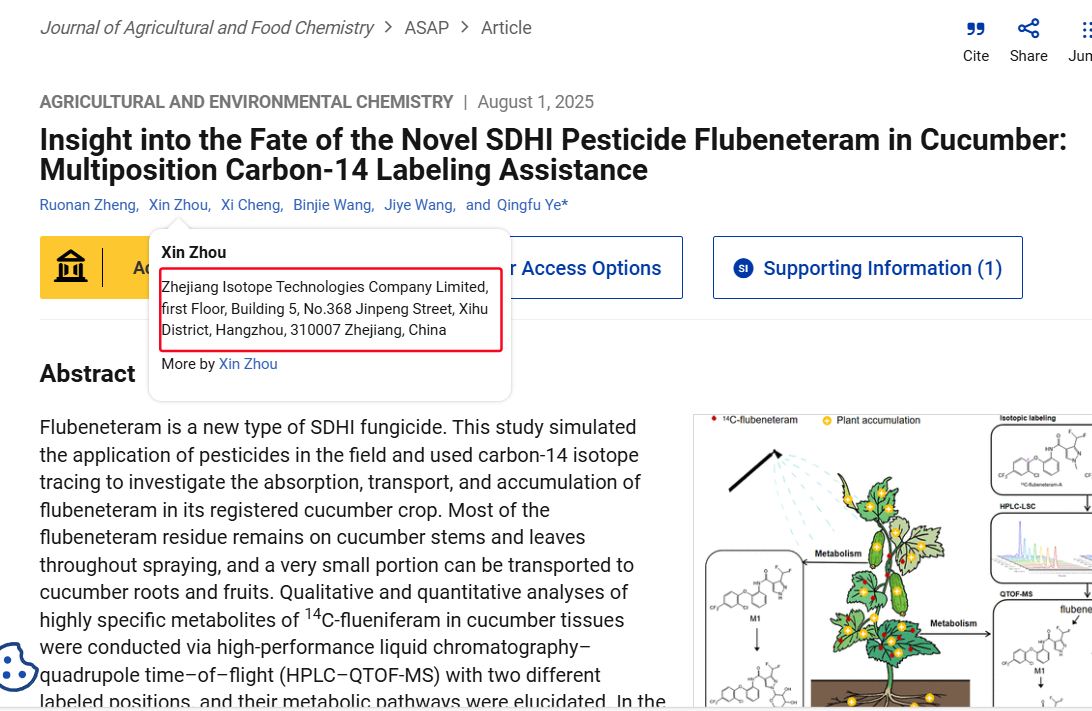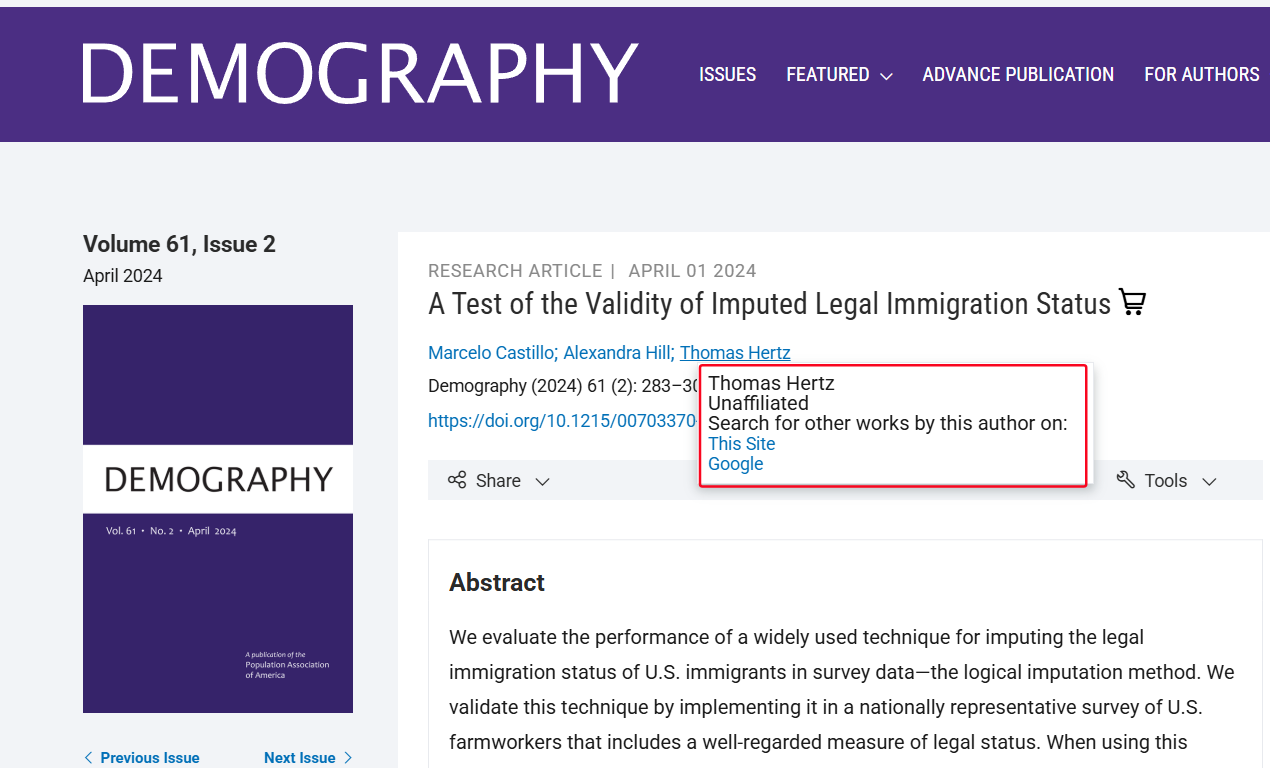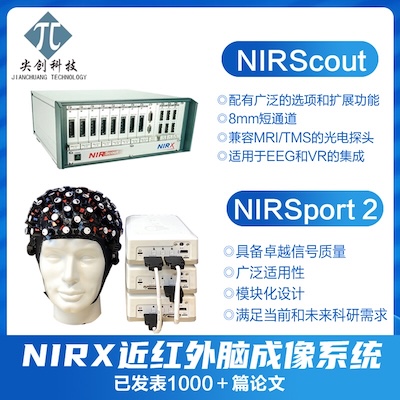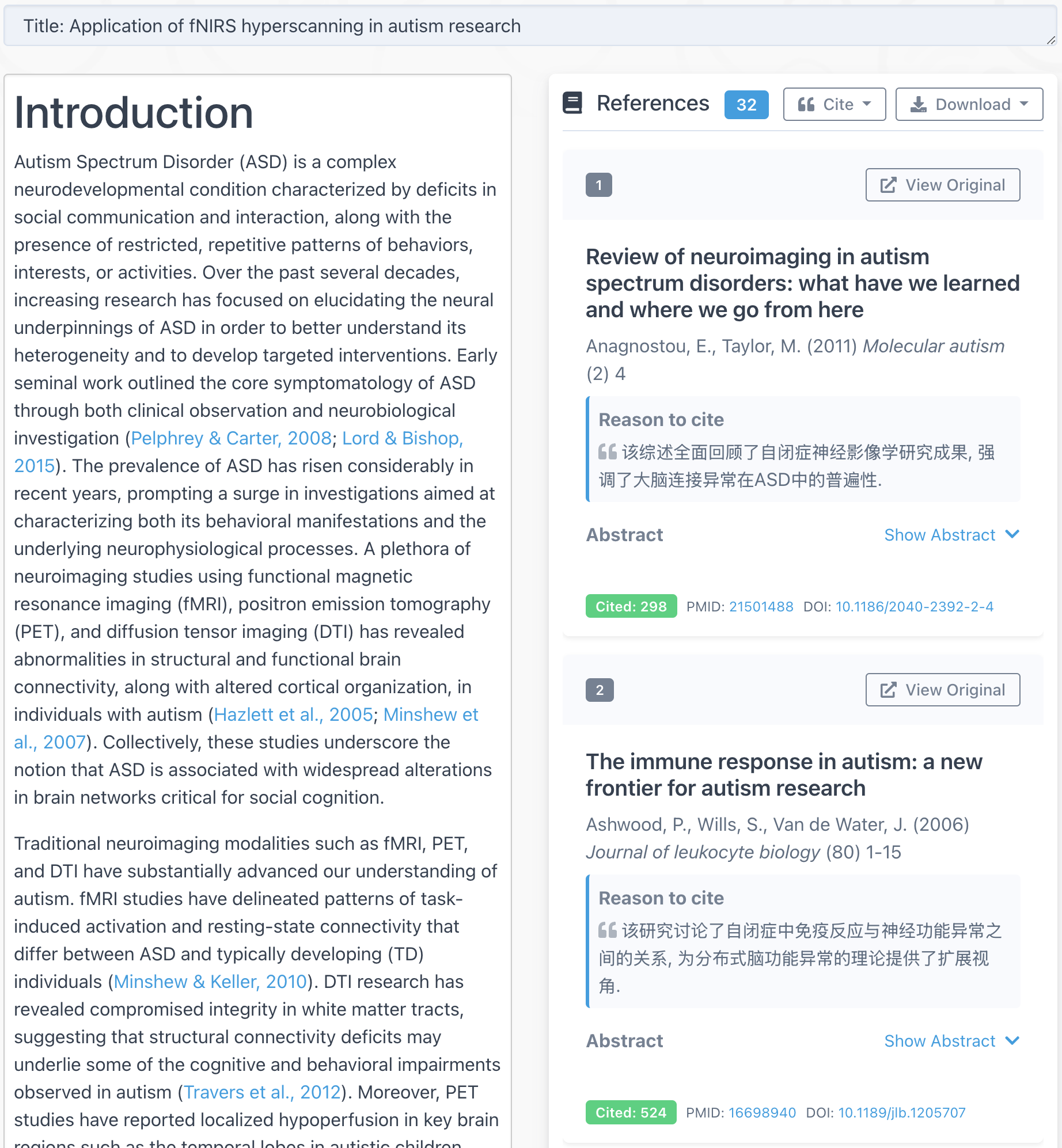
TL; DR
You can publish papers even without being affiliated with a university or research institute. In the affiliation section, you may write: Independent Researcher/ Freelance Consultant / Freelance Scientist/ Registered company name/ Unaffiliated (if allowed by the journal system). Just be sure to provide a valid email address for correspondence.
If you're currently unaffiliated with any institution and you may ask these common questions:
-
I'm on a gap year / freelancing / between jobs — can I still submit a paper?
-
What should I fill in the "Affiliation" field if I'm not employed by a university?
-
Will reviewers or editors reject my paper because I have "no institution"?
Don’t worry. The answer is — Yes, you absolutely can publish. And in fact, many journals explicitly welcome independent contributors.
1. Can I Submit a Paper Without an Affiliation?
Yes.
Major publishers like Elsevier, Springer, IEEE, and Wiley do not require authors to be institutionally affiliated. As long as your work meets academic standards and peer review expectations, it will be evaluated on its merit — not on your title or affiliation.
Many publishers include disclaimers like:
"Remaining neutral with regard to jurisdictional claims in published maps and institutional affiliations. "
2. How Should I Fill the "Affiliation" Field?
Here are four accepted ways to identify yourself in journal submission systems:

(1) Independent Researcher / Scholar
This is the most common and widely accepted format.
For example, IOP Publishing and Cambridge University Press both explicitly accept "Independent Researcher" or "Independent Scholar" as valid affiliations.
Example
You can find real examples of published papers using this affiliation by searching "Independent Researcher[Affiliation]" in Stork's PubMed Multi-language Search, Translate & Alert. Set your native language, and the results will appear in both English and your chosen language side by side.

(2) Freelance Scientist / Consultant
While not officially listed in many author guidelines, terms like "Freelance Researcher," "Independent Consultant," or "Freelance Scientist" are used successfully by many independent academics.
A bibliometric analysis has shown these labels are among the top alternative affiliations found in published articles.
Example

(3) Personal Company or Sole Proprietorship
If you've registered your own research business (LLC, consultancy, or nonprofit), you can list it as your affiliation. This is especially helpful when collaborating with clients, offering research services, or applying for grants.
Example

(4) No Affiliation / Unaffiliated
If the submission portal offers a "No Affiliation" or "Unaffiliated" option, you may choose it.
Example
However, most journal editors advise not leaving the field blank. It's important to remain identifiable and contactable.
3. Will I Be Disadvantaged in Peer Review
No, not officially.
Most journals use double-blind peer review, meaning reviewers don't see author names or affiliations at all.
Even in single-blind systems (where reviewers see your identity), editors are bound by ethical guidelines that prohibit discrimination based on race, nationality, gender, or institutional affiliation.
In short, your paper will be judged by its quality — not your badge.
4. What Else Should Independent Researchers Keep in Mind?
⭐ Paper Quality Matters More Than Ever
Without institutional prestige, your work needs to speak for itself. Be rigorous in methodology, clarity, and originality.
⭐ Provide a Professional Email
A working email is essential for correspondence. Some journals may ask for a mailing address too.
⭐ Be Prepared for Publication Fees
If you submit to open access journals, article processing charges (APCs) may apply — and you’ll likely need to cover them yourself unless you have external funding.
5. Final Thoughts
Having no formal affiliation ≠ no right to publish
Being an independent researcher ≠ being less valuable
All you need is:
✔ A well-written, meaningful manuscript
✔ Clear, honest author information
✔ Good communication with the journal
And you can make your mark in the academic world.
If you're an "atypical scholar" walking an unconventional path — know that you're not alone.
Share your story below, or tag a friend who might find this helpful.

